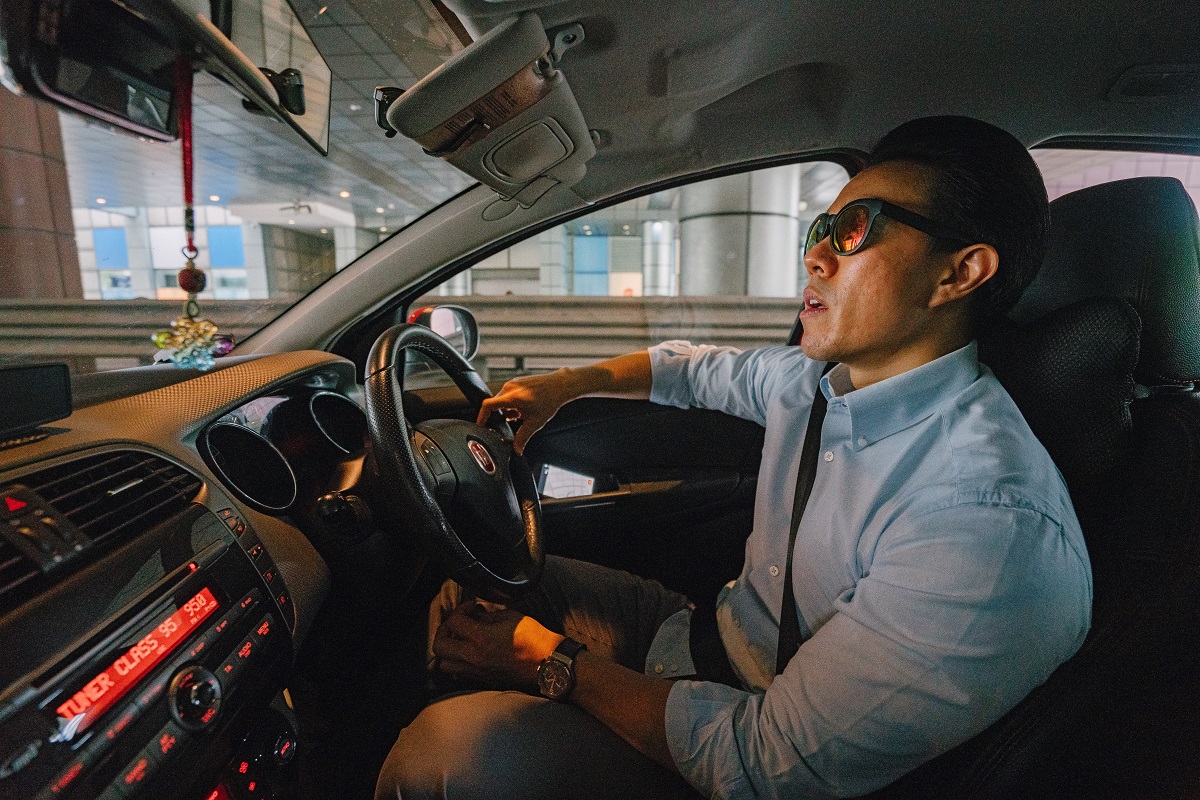Emotional Driving: Why You Should Avoid Driving When Stressed, Angry, Sad, And Even Excited

Road rage: it’s one of the most common emotions people have while driving. And while most people recognize that becoming enraged behind the wheel isn’t safe, what most don’t realize is how any strong emotion – not just anger – can be a danger to you when driving. The truth of the matter is that driving while stressed sad, angry, or even excited can impact your driving skills and create a dangerous situation on the road.
Read on for all you need to know about emotional driving, and how to avoid emotional driving to keep you, and everyone around you, safer.
How Do Emotions Affect Your Driving Ability?
Strong emotions, from happiness to sadness to anger, can impair your decision-making skills and cognition. They’re also distracting while driving. Stress, too, can cause some people to sleep poorly and become upset, and the feeling is often compounded when they’re on the road and have to get somewhere in a hurry.
When you drive with strong emotions, then you can easily become distracted. This can cause safety issues, such as:
- Drifting onto the shoulder or into another lane
- Failing to use mirrors in crowded places, such as a parking lot
- Miss a stop sign or a red light
- Hit another car or even a pedestrian
- Speed in special zones such as construction or school zones
When your emotions are high, even the smallest incident on the road can trigger those emotions, making something as innocent as being behind a slow driver a much bigger issue in your mind – and potentially leading to unsafe actions on the road.
At the other end of the spectrum, being happy when you’re behind the wheel can also cause issues. If you’re in a euphoric or elevated state, you may be less careful in driving, not watching your speed closely, or not properly looking when completing a simple task such as checking your blind spot before changing lanes. Any type of distracting driving can have serious consequences – it doesn’t matter which end of the emotional spectrum you are on.

Before You Drive
If you really want to make sure you’re driving as safely as possible, start thinking about your emotional state before you get behind the wheel. Give yourself a small time out to calm your emotions. If you’re feeling worked up, you should:
- Take about 10 minutes to calm yourself down
- Take a short walk and focus on your breathing before getting in the car
- Talk to someone to help achieve a state of calm
- Sit quietly and think about your mood, including what could happen if you got behind the wheel in an emotionally heightened state
If you’re in a rush to get somewhere, it’s even more important to take a few minutes to calm and center yourself before driving. It’s better to be late to something than it is to not get there at all because you’ve had an accident.
When You’re Behind The Wheel
If you’re driving, there are things you can do to even out your emotions. These tips can help you to stay calmer:
- Create a comfortable environment. Make sure that the temperature inside your car isn’t too hot or too cold. If it’s not right, it can add to your emotional state.
- Don’t tense up. Relax yourself behind the wheel. Make sure your muscles aren’t clenched and full of anxiety. Don’t grip the wheel too tightly or it can increase your feelings of tension.
- Deal with frustration appropriately. When you find yourself become upset or frustrated behind the wheel, try turning on some relaxing music. This can be a good way to help keep yourself centered, but be sure to keep the volume low so you don’t trigger more anxiety.
- Practice controlled breathing. Breathing exercises are a great way to relieve tension and help you to feel more relaxed behind the wheel.

Driving and dealing with other people on the road can be frustrating, and if your emotions are already high, it can make the situation worse. The best thing you can do is recognize that you can easily become triggered by others and refuse to allow your emotions to take over in that moment.
If someone becomes agitated with you on the road, don’t let that pull you into negative emotions of your own. Behave courteously and calmly when dealing with other drivers no matter what, and your emotional state will serve you well in staying safe.